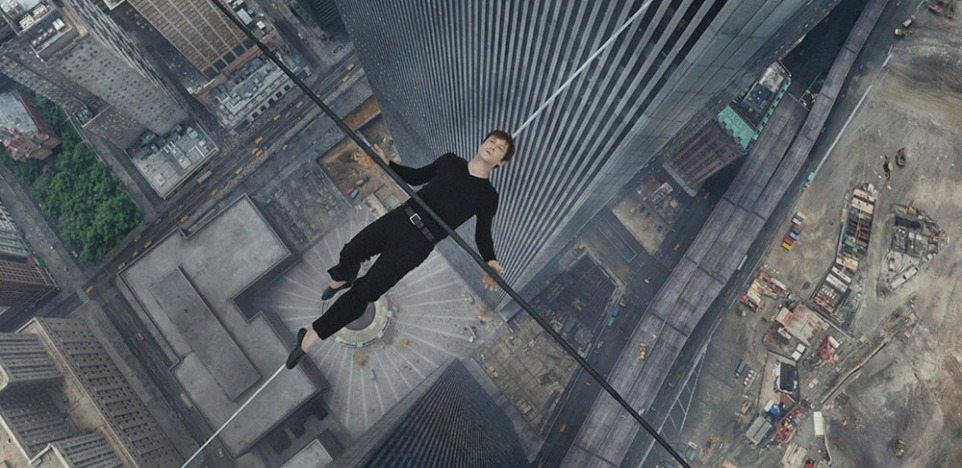"Nothing great in the world has been accomplished without passion," wrote the great German philosopher G. W. F. Hegel. It is the fuel that moves our souls and enables us to dream impossible dreams, to square off against danger and doubt, to explore new territories, and to test the values espoused by society and ourselves.
When passion animates our actions, we are filled with energy that others can tap into and use for their own. When passion overtakes us, we do not worry about setbacks and disappointments; we plunge ahead with indomitable hope, confident that all will turn out well. In our Alphabet of Spiritual Literacy, all these qualities are part of zeal.
In The Walk, director Robert Zemeckis (Forrest Gump, Cast Away) brings his special respect for marginal characters, dreamers and optimists, along with a keen sense of wonder, to the true story of Philippe Petit's 1974 walk across a steel cable strung between the Twin Towers of the World Trade Center, then the tallest buildings in the world. He also puts to good use his playful spirit and his own experience with 3-D IMAX wizardry to recreate what the Frenchman described as "the most audacious work of art that has ever been done."
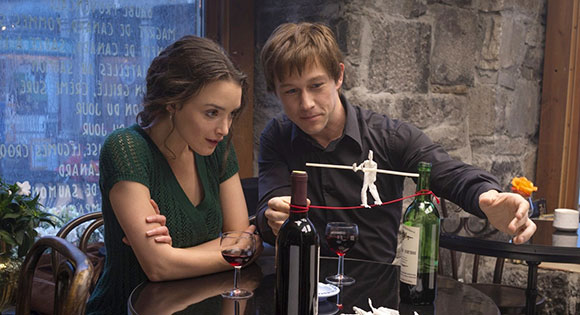
We meet Philippe Petit (Joseph Gordon-Levitt in a beguiling performance) as the narrator who fills us in on enchantment with the high-wire as an eight-year-old boy; his career as a juggler, mime and unicyclist in Paris; and his immediate attraction to Annie (Charlotte Le Bon), the first of his "accomplices" to get caught up in his daring and illegal aspiration to walk a wire between the two newly constructed buildings.
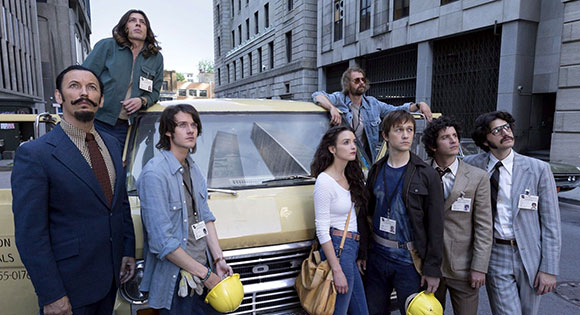
Others who join Petit's "coup" are Jean-Louis (Clement Sibony), a photographer; Jean-Francois (Cesar Domboy), a math teacher with a fear of heights; and some New York City adventurers. Petit's mentor and guru is a Czech wire-walker (Ben Kingsley) who not only teaches him the tricks of the trade but offers wisdom that nourishes his passion and confidence.
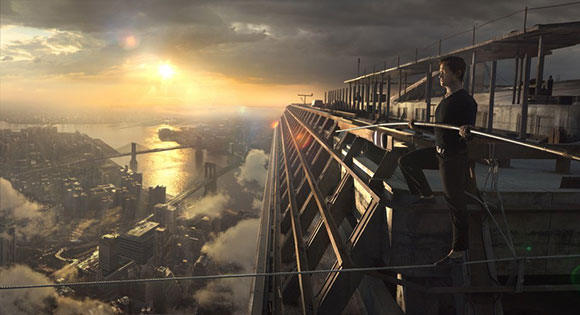
In the thrilling and scary scenes dealing with Petit's walk, the most magical moment comes when he kneels down on the wire in a humble expression of gratitude for the wire, the towers, and the great city of New York. The English novelist and poet D. H. Lawrence wrote that "the human soul needs beauty even more than it needs bread." More than anything, Petit wants his walk to be one of beauty. That is reflected in his zeal, in his focused attention, in the balance of his meditative steps, and in the death-defying act itself where he confronts the void and triumphs over it.
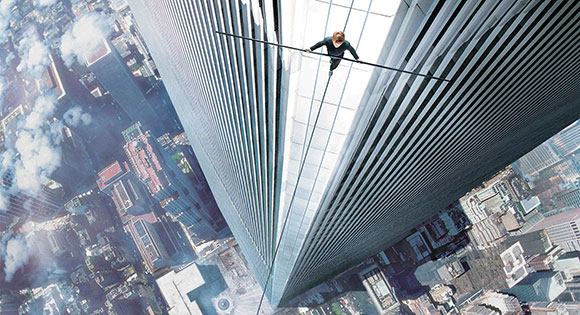
After watching this movie, you will want to spend more time and energy on walking the path of beauty and relishing its inward and external expressions.
